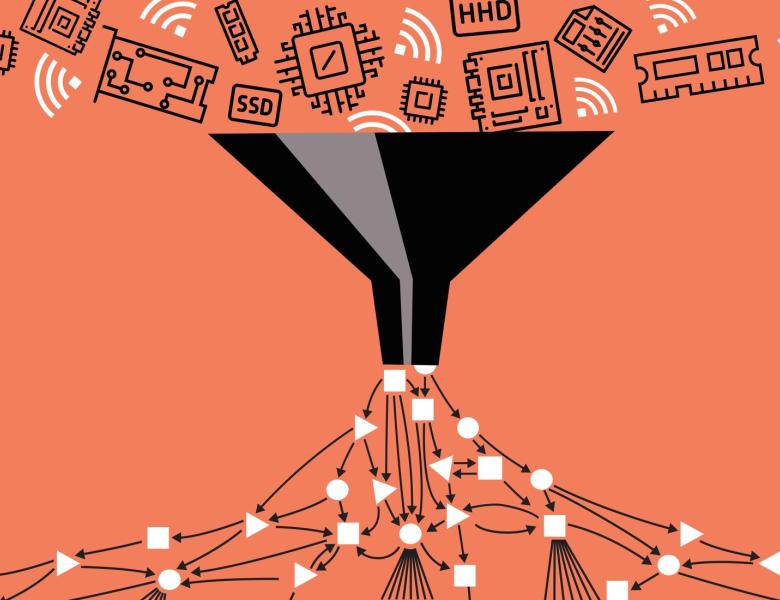
Abstract
Infinite-state games are a commonly used model for the synthesis of reactive systems with unbounded data domains. Symbolic methods for solving such games need to be able to construct intricate arguments to establish the existence of winning strategies. Often, large problem instances require prohibitively complex arguments. Therefore, techniques that identify smaller and simpler sub-problems and exploit the respective results for the given game-solving task are highly desirable. In this talk, I will present the first such technique for infinite-state games, which we recently proposed. The main idea is to enhance symbolic game-solving with the results of localized attractor computations performed in sub-games. The crux of our approach lies in identifying useful sub-games by computing permissive winning strategy templates in finite abstractions of the infinite-state game. The experimental evaluation of our method demonstrates that it outperforms existing techniques and is applicable to infinite-state games beyond the state of the art.
[Joint work with Philippe Heim, Satya Prakash Nayak, and Anne-Kathrin Schmuck]


